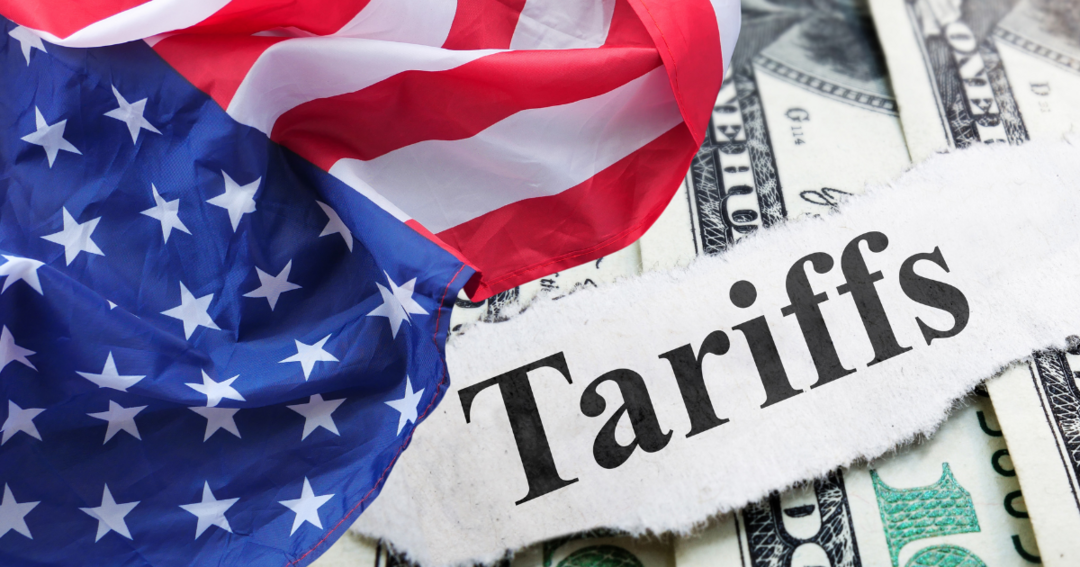
Singapore - Singapore has announced its intention to seek dialogue to resolve issues with the United States' imposition of a 10% baseline global tariff, rather than taking immediate retaliatory measures. There are concerns that this US tariff imposition could have a 'significant impact' on the economy of trade hubs like Singapore.
Deputy Prime Minister and Minister for Trade and Industry Gan Kim Yong told reporters on Thursday, "We are naturally disappointed," adding that the Singapore government will attempt to engage in discussions with the US regarding the tariff imposition. He referred to the long-standing close relationship between the two countries and the enduring Free Trade Agreement (FTA) that has brought mutual benefits.
Gan explained that despite the Singapore government's right to take countermeasures under the trade agreement, it decided against immediate retaliation because retaliatory import duties would only impose additional costs on Singapore.
Key Points and Background:
US Tariff Imposition: The US recently decided to impose a 10% baseline tariff on global trade. This tariff has raised concerns about a potential significant economic impact on trade-dependent nations like Singapore.
Singapore's Stance: The Singapore government has expressed disappointment regarding the US tariff imposition but has stated its intention to resolve the issue through dialogue rather than immediate retaliation.
Reason for Avoiding Retaliation: Deputy Prime Minister Gan Kim Yong stated that retaliatory tariffs would only add further cost burdens to Singapore and that a cautious approach was chosen considering the close relationship with the US.
US-Singapore FTA: Singapore and the US have long enjoyed mutual economic benefits through their Free Trade Agreement (FTA). The Singapore government is prioritizing dialogue to resolve the tariff issue to maintain and further develop this bilateral relationship.
Characteristics of Singapore's Economy: As a global trade hub, Singapore has an economic structure heavily reliant on exports and imports. Therefore, the US tariff imposition could directly impact the Singaporean economy.
Future Outlook: The Singapore government plans to resolve the tariff issue amicably through dialogue with the US and to continuously develop the economic cooperation between the two countries.
Singapore's decision is seen as an example of its diplomatic approach in international trade disputes, prioritizing dialogue over retaliation to resolve issues.
[Copyright (c) Global Economic Times. All Rights Reserved.]



























